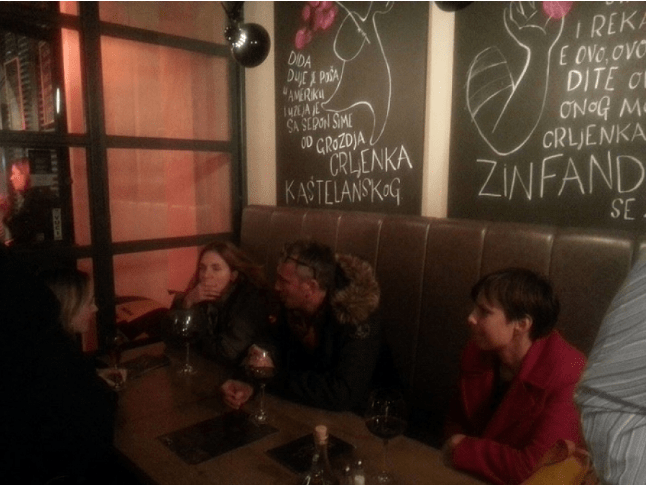Harfa International School - Now enrolling generation 2023/2024!
May 17, 2023 - The international school scene has blossomed in Croatia in recent years - time to enrol at Harfa International School for next year.
It's that time of year again, the most stressful for parents and an important milestone for children: school enrollment. In Croatia, the school year starts in September and ends in June. Typically, during May, children undergo testing, and decisions are made regarding their entry into the schooling system and enrollment in the first grade. Children usually begin first grade between the ages of 6.5 and 7.5. If everything meets certain expectations, after initial school interviews, medical exams, as well as psychological and basic academic tests, the child receives an "ok." Parents feel overwhelming pride, and celebrations ensue among grandparents, aunts, uncles, and close friends. Everyone is excited and eager to witness their little one embark on a new chapter in life: school. However, reality often sets in, and disappointment follows. The main question many of us face is, "How is it possible that everything changes, but education remains the same?" What is education preparing children for in today's world? As parents, we have numerous unanswered questions that leave us frightened and frustrated.
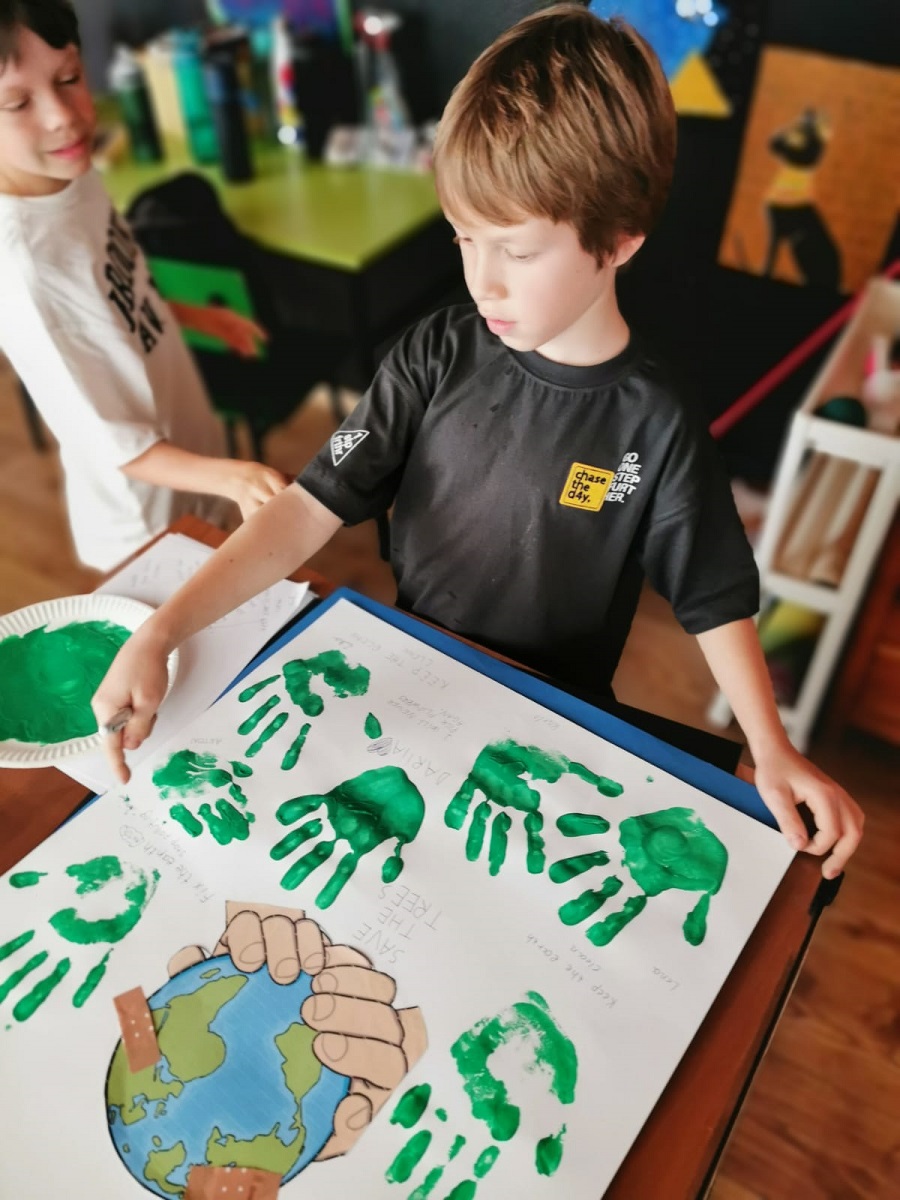
Education is an essential part of every child's life, and it is crucial to choose a place that will help your child reach their full potential and prepare them for the future. As school enrollment season is underway, parents are now considering schools that provide a well-rounded education focusing on more than just academics. The traditional education system has long been criticized for failing to address the emotional needs of children. It has been overly focused on competition and excelling in everything, often neglecting the unique talents and interests of individuals. Unfortunately, many of the tragedies we witness worldwide are partly a result of this educational focus.
With the increasing number of dissatisfied parents and children who struggle to understand the existing education system, schools that offer something different are becoming more and more appealing. These schools provide better opportunities for our children, adequate preparation for the future, and, most importantly, a framework for their growth into happy, successful, and resilient young individuals.
Harfa International School is certainly one of the leaders in this region, attracting people not only from other parts of Croatia but from all over the world. Why? Harfa strives to create an educational system that prioritizes the emotional needs of children as the foundation for developing intrinsic motivation for learning. This serves as not only a basis for academic excellence but also for success in life in general.
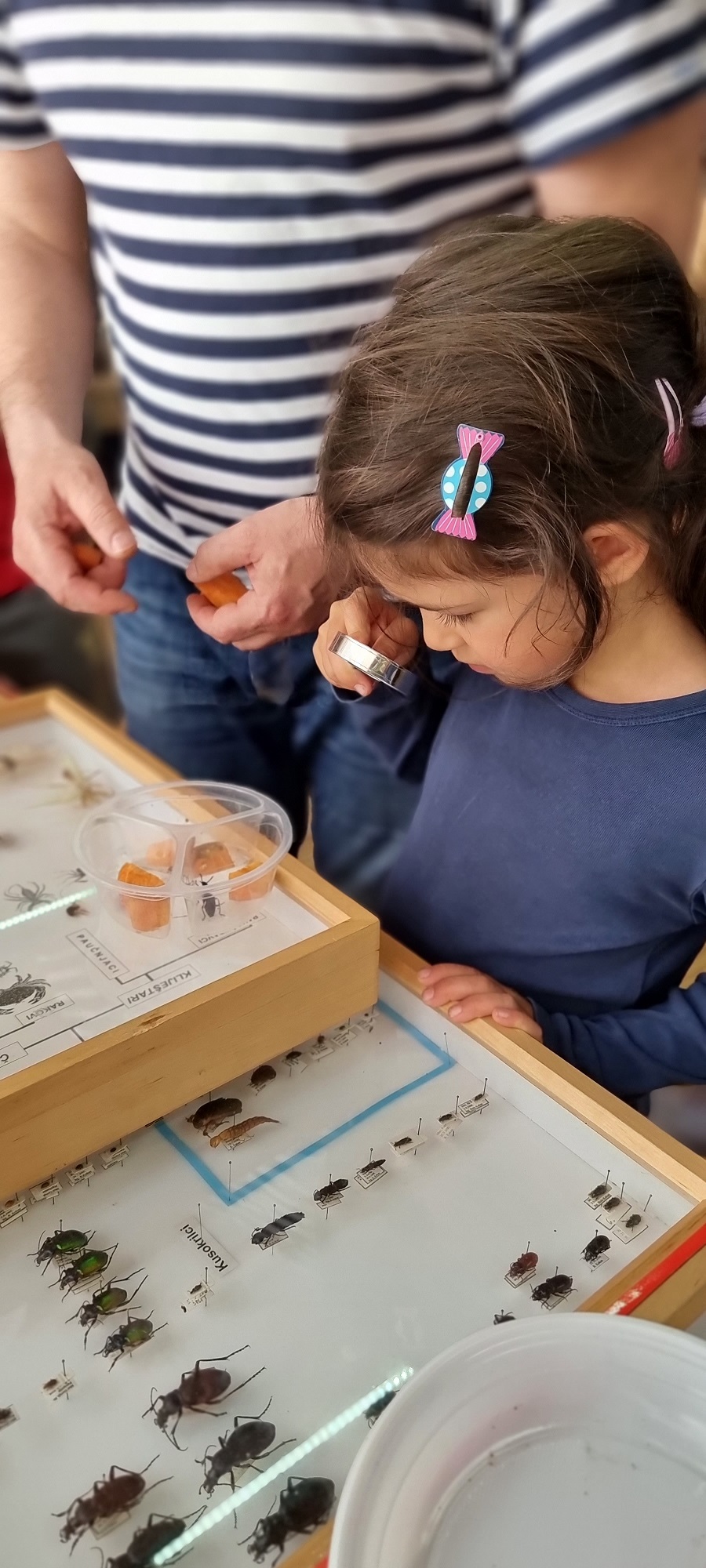
As a candidate school for the International Baccalaureate (IB) program and a school that emphasizes social-emotional learning (SEL), Harfa offers a well-rounded learning experience that develops skills to thrive in an unpredictable future. Let's explore some of the most important skills Harfa is dedicated to developing in children:
Critical Thinking and Problem Solving
In today's world, it is not sufficient to merely memorize facts and information; students need to analyze and interpret information, using it to solve complex problems. Education should focus on developing students' analytical skills, teaching them how to identify problems, gather information, and develop solutions.
Creativity and Innovation
The world is constantly changing, and students need to think outside the box, generating new ideas and solutions. Education should encourage students to be creative, take risks, and experiment with new ideas.
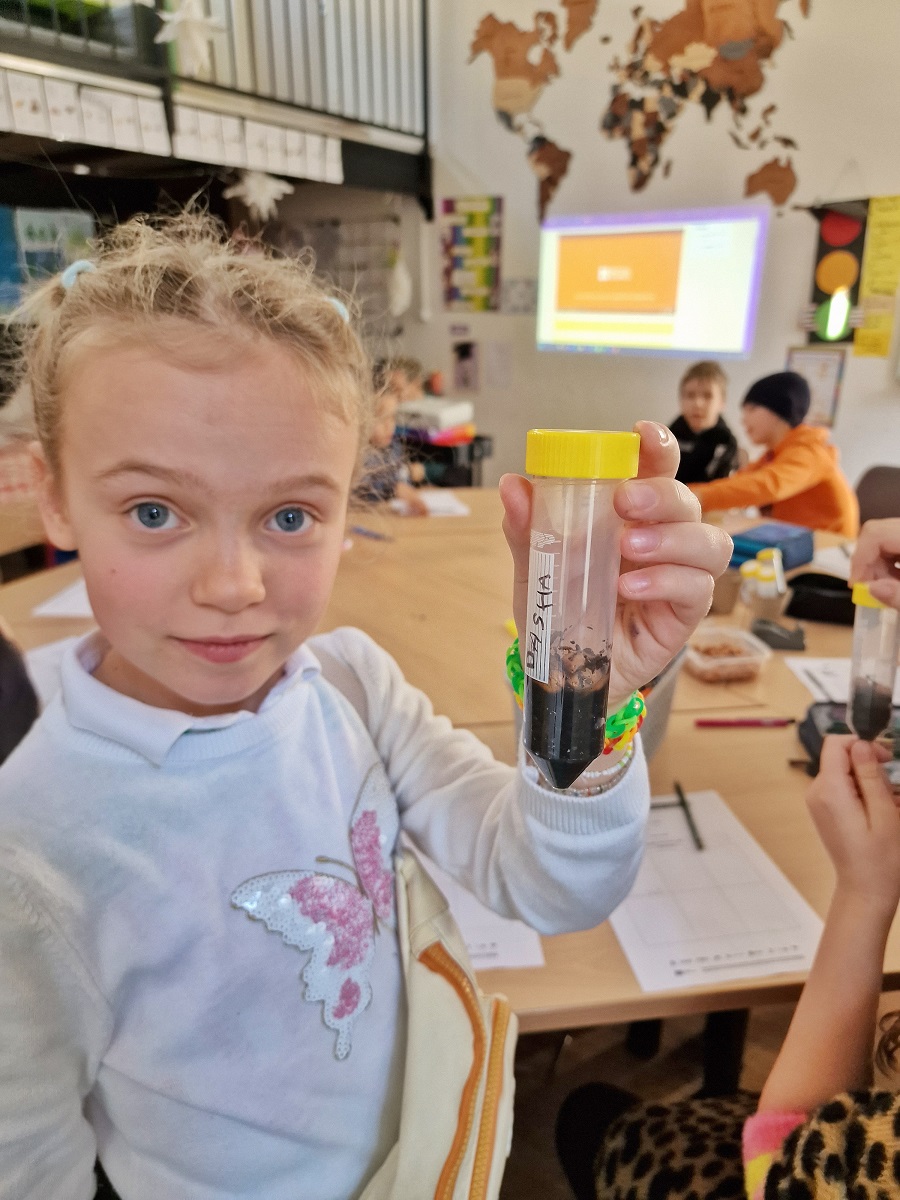
Technology Skills
In today's world, technology is ubiquitous, and it is essential for students to learn how to use it effectively. Education should focus on teaching students how to use technology, navigate the digital world, and stay safe online. This includes not only learning specific tools and software but also developing an understanding of how technology works and how it can be used to solve problems.
Communication and Collaboration
Education should prioritize the development of students' communication skills, encompassing both written and oral communication. Students learn how to work collaboratively with others, manage conflicts, and function as part of a team.
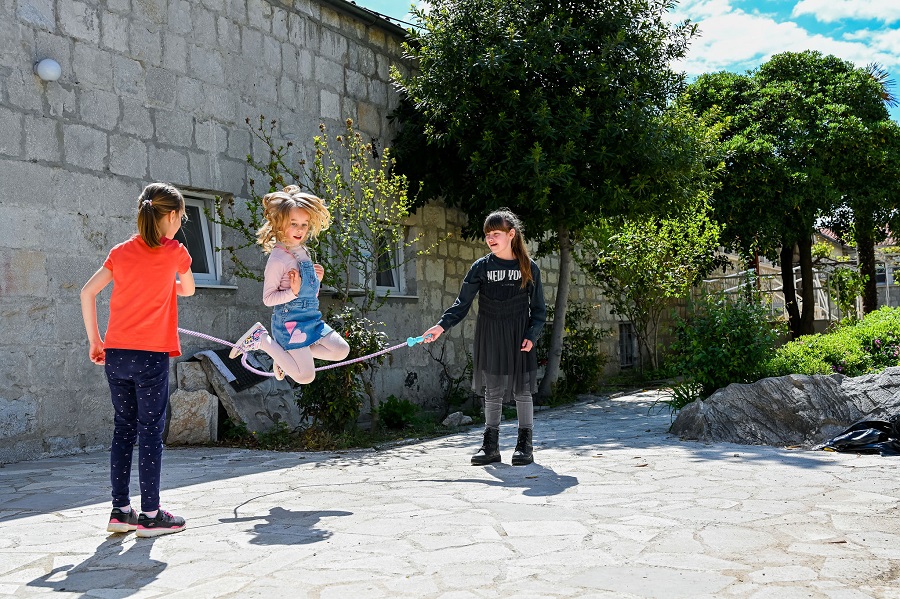
Global Citizenship
Finally, education should prepare students to be global citizens, fostering an understanding and appreciation of different cultures and perspectives. This includes developing awareness of global issues, such as climate change and human rights, and learning how to collaborate with individuals from diverse backgrounds.
So, how does Harfa achieve these goals? One important approach is by ensuring personalized and individualized education. Students learn best when they are engaged and interested in the material, and when the learning is tailored to their specific needs and interests. This means that education should be flexible and adaptable, allowing students to learn at their own pace and in their own unique way. And this is precisely what Harfa is dedicated to developing.
As a premier educational institution offering a distinctive and high-quality educational experience for children, Harfa International School stands out from other schools for several reasons:

Bilingual Education
Harfa International School provides a bilingual education program, with English as the formal school language and Croatian taught as the host country's language. Bilingual education has been proven to provide cognitive benefits to children, such as increased problem-solving skills and improved communication abilities. In higher grades, additional elective languages are offered. Pretty cool, right?
Hero Teachers
Dedicated to creating a supportive and challenging learning environment that nurtures a love of learning in students, the teachers at Harfa are the real superheroes of this story. They provide personalized attention to each student, ensuring they receive the best possible education along with the necessary emotional support. And that’s the most important thing a parent asks for!
Innovative Curriculum and Methodology
Harfa International School follows an innovative curriculum designed to engage and challenge students. The curriculum combines Croatian national curriculum learning outcomes with the best international educational methodologies, including the IB (International Baccalaureate) program and an approach based on social-emotional learning (SEL). The curriculum is regularly updated to remain relevant and aligned with cutting-edge scientific recommendations for the teaching and learning process. At Harfa International School, the curriculum is designed not only to prepare students for success but also to help them develop as well-rounded individuals.
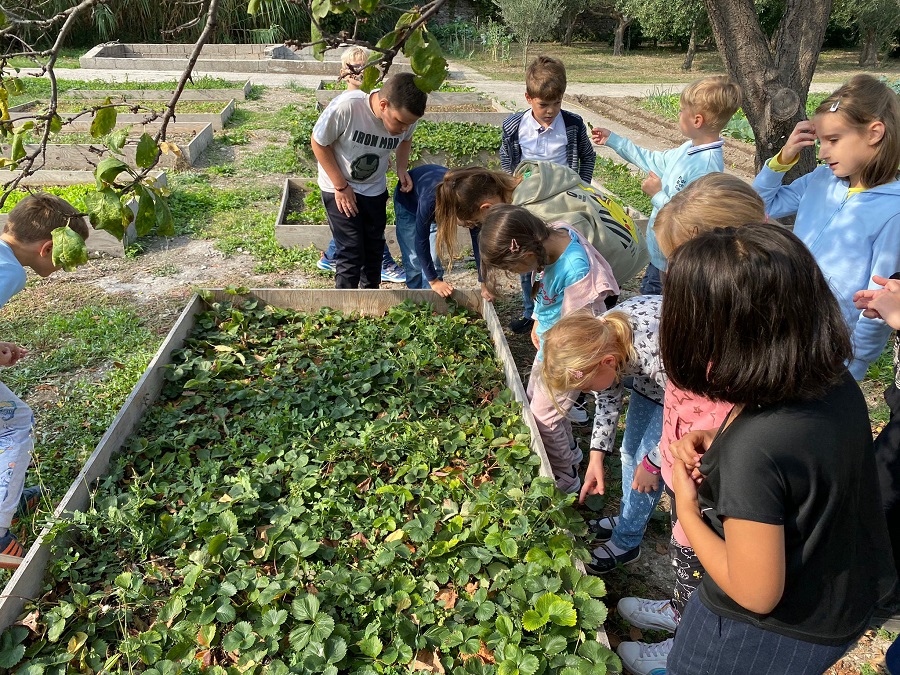
Beautiful and Safe Environment
Situated in a green and picturesque setting, the school's facilities are designed to enhance students' learning experience. Students have the opportunity to play outdoors and utilize the space in alignment with Harfa's project-based learning approach.
Extracurricular Activities
Harfa offers a wide range of afternoon workshops covering various needs and interests. These activities provide students with the opportunity to explore their interests and develop their talents outside of the classroom. The school organizes numerous field trips and events, ensuring that students have a well-rounded educational experience. The more experiences they have, the more they learn about themselves, which is crucial for making life choices, right?
By integrating social-emotional learning and cutting-edge academic approaches into the educational process, Harfa prepares children for the future and helps them succeed in an ever-changing world.
Are you searching for a high-quality educational institution and a happy place for your child? A school that students prefer even during the holidays? A school where kids love to come and learn? Then take note that Harfa International School is now open for enrollment for the 2023/2024 school year.
Reach out and make an appointment to meet the team and book a school tour: e-mail: This email address is being protected from spambots. You need JavaScript enabled to view it. , telephone: +385 99 380 1295 or website: www.posh.hr
Let's build a sustainable future together!
Harfa International School – School for the Future
This article is in paid partnership with Harfa International School
Is It Time for an International School to Open in Split?
December 1, 2018 - Despite a population of almost 200,000 and a rapidly increasing expat community, Split has no international school. Is it time to open one?
It is almost six years to the day since I started a website called Total Split, the first dedicated portal in English to that wonderful city, updated several times a day. At the time I knew very little about the city, despite having lived on the nearby island of Hvar for almost a decade. For me, Split back then was three things - transit to Zagreb and Split airport, shopping chores for my wife, and hospital visits with the kids. Oh yes, and always - but always - getting everything done before the last ferry at 20:30. About Split nightlife, I knew very little.
After the initial success of my first portal, Total Hvar, I was encouraged by a friend to start one in the big city. But surely such a thing exists, I protested, and anyway I know so little about the city. I checked and - incredibly for a tourist city that size - tourist information was very scarce in English, at least beyond the very basic stuff offered by tourist boards and agencies looking to promote their tours.
And so we began. WIth the help of young Mila (with whom we co-wrote a guidebook) and Ivica, Total Split soon blossomed, and it was a joy to get to know the city and its people in more details, as well as having more interaction with 'The Big Smoke' after so many years in sedate Jelsa. I met a young French woman living in the city who had started an Expats in Split Facebook group, and we met for coffee to see if we could work together to expand it. I had known of expats in the city since my arrival in Dalmatia back in 2002, but they were few in number. There had been an occasional monthly international food night, where expats would prepare something of their national cuisine, and some occasional 5-a-side soccer, but apart from that, the expat scene was pretty quiet. The first foreign-owned hostel opened in 2003 to give you an idea.
Expats in Split, a Growing Community
And then Split changed. Immensely. The explosion of tourism as the city transformed itself from 'the Gateway to the Islands' to one of Europe's hottest tourist destinations is one part of the story, much less reported is the rising number of expats, particularly digital nomads, relocating to Split.
Total Split's audience grew quickly, as the growing number of expats found a regular source of news. And so too, through our little site, did Helene's expat Facebook page, which had just 20 members when we sat for our first coffee in early 2014. The first Expats evening was organised at Zinfandel, a newly opened wine bar, one of the many new businesses opening in the city with the tourism boom. We had no idea how many people would come, but about 60 people turned up, coming from the islands and even as far away as Sarajevo. Here is a look back at the first night all those years ago.
(The Expats in Split gathering at Zinfandel in early 2014)
Helene's group grew, then split into two as one expat tried to take control of the group, and although I am rarely in Split these days, I do follow one of the groups, which has now grown to almost 1,800 members. It is a useful group, with several newcomers weekly asking a variety of questions about moving to Split, including the availability of international schools.
Despite a population of almost 200,000 people, a growing number of internationals living in the city and a wealthy section of local families, Split does not currently have an international school. Indeed, there are only three in all Croatia, as far as my research tells me, all located in Zagreb.
Montenegro 5 Croatia 3
I was on a business trip to both Split and Montenegro this week, meeting various people related to the TCN project. I was surprised to learn that while Croatia only has three international schools, Montenegro has five. There are three in the capital Podgorica, including a recently opened French school, a city with a population similar to Split', and there are two international schools in Tivat, a small town not far from Dubrovnik, population just 14,000. The reason for the international schools in Tivat is due to the Porto Montenegro development, of course, one which should have come to Croatia (and would have done allegedly if the required bribes to the politicians had not been so outrageous, the result being that Montenegro is now the regional port of choice for the super-rich and their mega yachts). But international schools in Dalmatia? Zero.
The Rise of Split as an International City
It is almost four years since I asked the question Is Split Finally Becoming an International City? It was becoming so back then, it is even more so now. I don't visit Split so much these days, but I had a really nice evening on Thursday, meeting a Romanian friend for a drink in the new Black Dog pub (big like). She had just come from the Australian-Croatian gathering at an international co-working space, and after a drink, we headed to Zinfandel in the old town. A very pleasant evening.
The expat community is growing, and while some services are there, there are some basic essentials required by internationals in a city still to be put in place. One of them is an international school. In Croatia, it is currently illegal to homeschool, and so the only option for families moving to Split for local education is to immerse themselves in the local system. While this aids language learning and character building, it is not for everyone. I am pretty sure that there is enough demand already for an international school in Split (and let's not forget the section of the local community who would be interested in such education options), and the establishment of an international school would significantly increase Split's attractiveness as a relocation option.

Of course, this all depends on whether we want to have foreigners in The Beautiful Croatia making a positive contribution to the economy. Not according to chaps like young Jospephine, above, whose response to our recent article on residence permit issues of American retirees prompted the assertion that Croatia has no need of American retirees or tourists, unless they are of Croatian descent. An interesting economic argument, given that American tourists will have spent about a billion euro in Croatia in 2018, or about 1.5% of GDP. But that, of course, is a different discussion.
For the latest from Split, follow TCN's dedicated portal on the Dalmatian capital.


